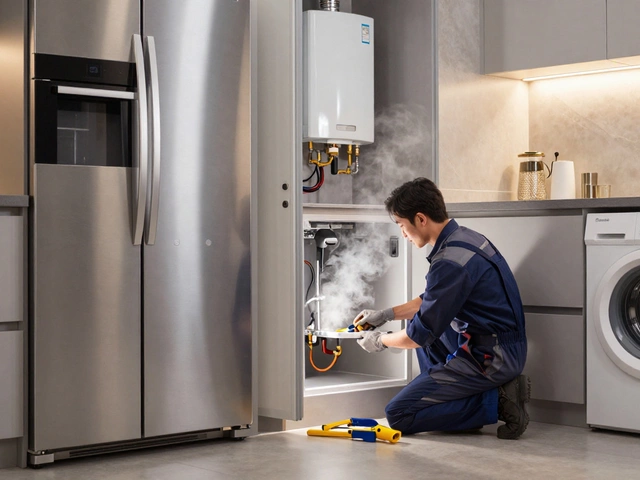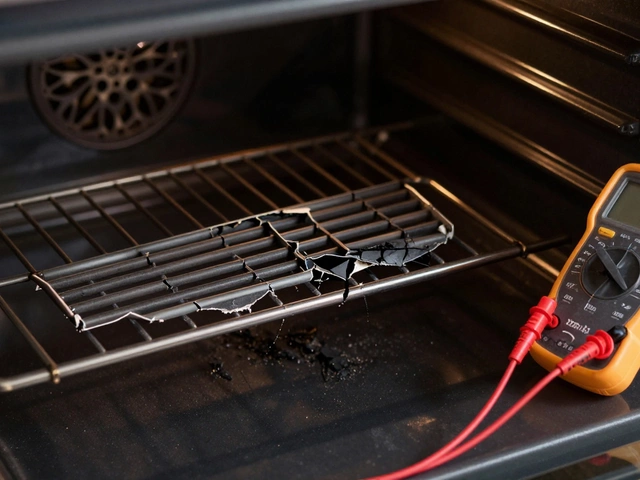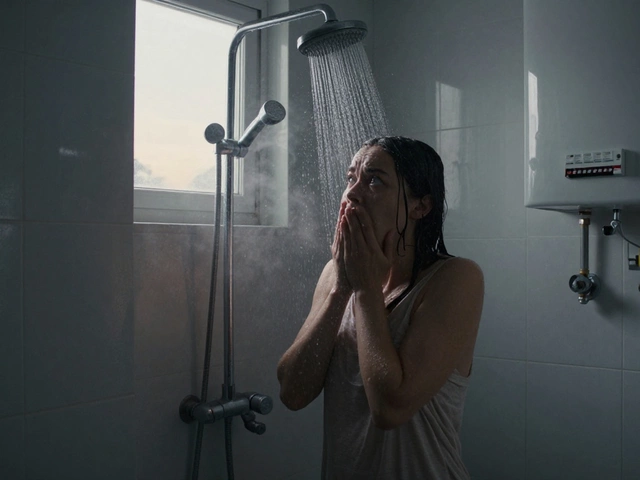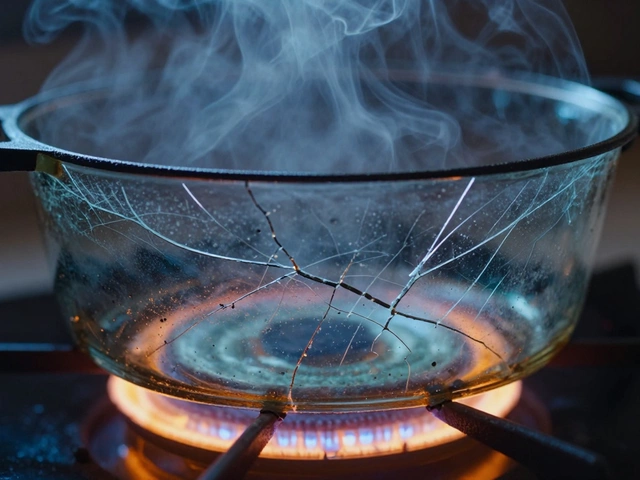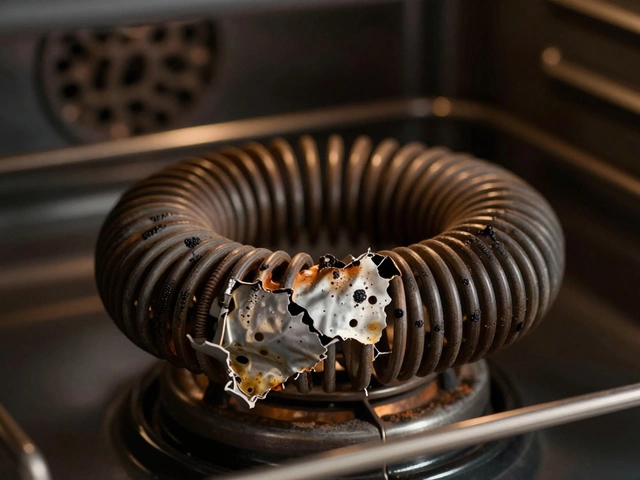Heater Failure Causes – Why Your Heater Stops Working
If your heater quits on a cold night, you want to know why. Most problems boil down to a few simple things: a bad thermostat, a burnt‑out heating element, faulty wiring, or buildup inside the unit. Understanding these causes helps you decide if a quick fix will do or if you need a professional call.
Common culprits in home heaters
Thermostat errors are the number one complaint. A thermostat that reads the wrong temperature will shut the heater off too early or keep it running nonstop. Often the sensor is loose or the battery is dead. A quick reset or battery swap can solve the issue.
Heating elements in electric water heaters and space heaters wear out over time. When the element cracks or burns, the heater can’t generate heat at all. You’ll notice a lack of hot water or a cold room even though the power is on.
Electrical problems such as tripped breakers, loose connections, or corroded wires cause intermittent operation. If the breaker flips every few minutes, check for a short circuit before resetting it repeatedly.
Pilot flame or gas valve faults affect gas‑powered boilers and water heaters. A dirty pilot or a stuck valve means the gas won’t ignite, leaving you with no heat. Cleaning the pilot or replacing the valve usually fixes the problem.
Sediment buildup in water heaters is a sneaky cause. Minerals settle at the bottom, overheating the tank and eventually triggering a safety shut‑off. Flushing the tank once a year clears the sediment and prolongs the heater’s life.
Spotting the problem early
Look for these warning signs: strange noises, lukewarm water, constant cycling, or a sudden loss of heat. If the heater makes a grinding sound, the fan or motor may be failing. A leak around the unit points to a cracked heat exchanger or a loose pipe.
When you notice any of these symptoms, turn off the power or gas supply and inspect the obvious parts. Resetting the thermostat, checking the breaker, or cleaning the pilot can often restore heat in minutes. If the issue persists, it’s time to call a local repair service. They have the tools to test the heating element, diagnose electrical faults, and safely work on gas components.
Regular maintenance—checking the thermostat, flushing the water heater, and tightening electrical connections—keeps most problems at bay. A quick yearly check by a qualified technician can catch wear before it turns into a full‑blown failure.
Bottom line: most heater failures are caused by a few predictable parts wearing out or getting dirty. Spot the sign, try a simple reset, and know when professional help is needed. With the right care, your heater will stay reliable through every cold snap.
19 October 2024
·
0 Comments
Water heaters are essential for our daily comfort, yet they often seem to fail quicker than expected. This article explores several common reasons for water heater malfunctions, emphasizing the role of sediment buildup, rust, and faulty installation. It also provides practical tips on routine maintenance and smart usage to help extend the lifespan of your water heater. Understanding these factors can aid homeowners in preventing unexpected breakdowns and costly repairs.
Read more


